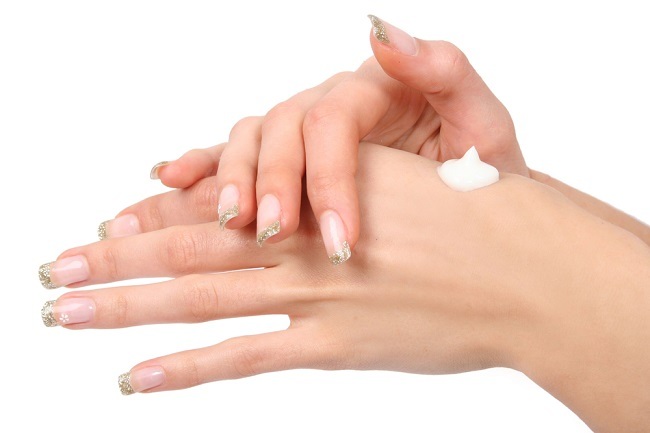Brodalumab is a drug to treat plaque psoriasis, which is an inflammatory condition of the skindue to psoriasis accompanied by thickening of the skin, scaly skin, or redness of the skin.This drug is intended for patients plaque psoriasis which will menundergo phototherapy and fail athandle with other drugs.
Brodalumab is a monoclonal antibody drug that works by inhibiting the work of proteins in the body that cause inflammation of the skin. Keep in mind that this drug cannot cure psoriasis. Brodalumab also should not be used carelessly and must be according to a doctor's prescription.

Brodalumab trademark: -
What is Brodalumab
| group | Prescription drugs |
| Category | Monoclonal antibodies |
| Benefit | Overcoming psoriasis |
| Used by | Mature |
| Brodalumab for pregnant and lactating women | Category N: Not yet categorized. It is not known whether Brodalumab is absorbed into breast milk or not. If you are breastfeeding, do not use this medicine without consulting your doctor first. |
| Drug form | Inject |
Precautions Before Using Brodalumab
There are several things you should pay attention to before using brodalumab, including:
- Tell your doctor about any allergies you have. Brodalumab should not be used by someone who is allergic to this drug.
- Tell your doctor if you have tuberculosis (TB) or Crohn's disease. Brodalumab should not be given to someone who has the condition.
- Tell your doctor if you have ever had depression or have attempted suicide.
- Talk to your doctor if you plan to get vaccinated, especially with live vaccines, such as BCG while taking brodalumab.
- As much as possible, avoid close contact with people with infectious diseases that are easily transmitted, such as chickenpox or the flu, while taking brodalumab, because this drug can make it easier for you to catch the infection.
- Tell your doctor if you are taking certain medications, supplements, or herbal products.
- Tell your doctor if you are pregnant, breastfeeding, or planning a pregnancy.
- Report to your doctor if you have an allergic drug reaction, serious side effects, or overdose after using brodalumab.
Dosage and Rules for Use of Brodalumab
Brodalumab will be injected directly by a doctor or medical officer under the supervision of a doctor. The dose given depends on the patient's health condition and body response.
In general, the dose of brodalumab to treat psoriasis is 210 mg, once a week for the first 3 doses, at weeks 0, 1, and 2. Thereafter, the dose is continued to 210 mg every 2 weeks.
How to Use Brodalumab Correctly
Brodalumab injection will be given directly by a doctor or medical officer under the supervision of a doctor through an injection under your skin.
Follow your doctor's advice and advice while you are on treatment with brodalumab. Do not stop taking medication without consulting your doctor first.
During treatment, you will be asked to have regular check-ups to monitor your condition, response to therapy, and possible side effects.
Interactions of Brodalumab with Other Drugs
The following are some of the effects of interactions that may occur when brodalumab is used with other medicines:
- Increased levels of midazolam in the body
- Decreased effectiveness of live vaccines, such as BCG vaccine or typhoid vaccine
- Increased risk of developing severe infectious disease when used with cladribine, certolizumab, leflunamide, baricitinib, fingolimod, or etanercept
Brodalumab Side Effects and Dangers
Side effects that can occur after using brodalumab include:
- Muscle pain or joint pain
- Numbness or tingling
- Diarrhea
- Headache
- Sore throat
- Tired and limp
- Pain, swelling, or redness in the area of the skin that was injected
- Flu symptoms, such as runny nose or stuffy nose
Do an examination to the doctor if the above complaints do not subside or even get worse. See your doctor right away if you have an allergic reaction to a medication or experience more serious side effects, such as:
- Sleep disturbances and very severe fatigue or weakness
- Exacerbation of depressive symptoms, feelings of self-harm, or suicidal ideation
- Having infectious diseases, including fungal infections, such as candidiasis
- Symptoms of Crohn's disease, such as bloody diarrhea, cramping or abdominal pain, loss of appetite, and fever
- Easy bruising, pale skin, or black stools









